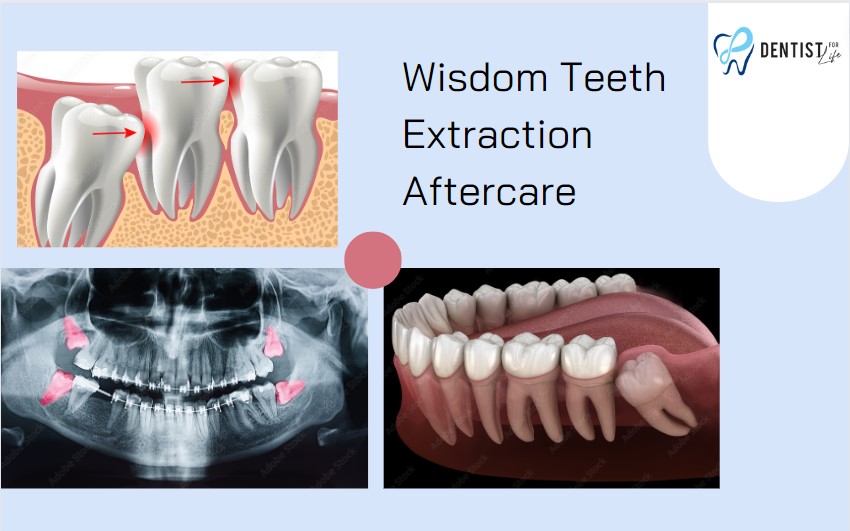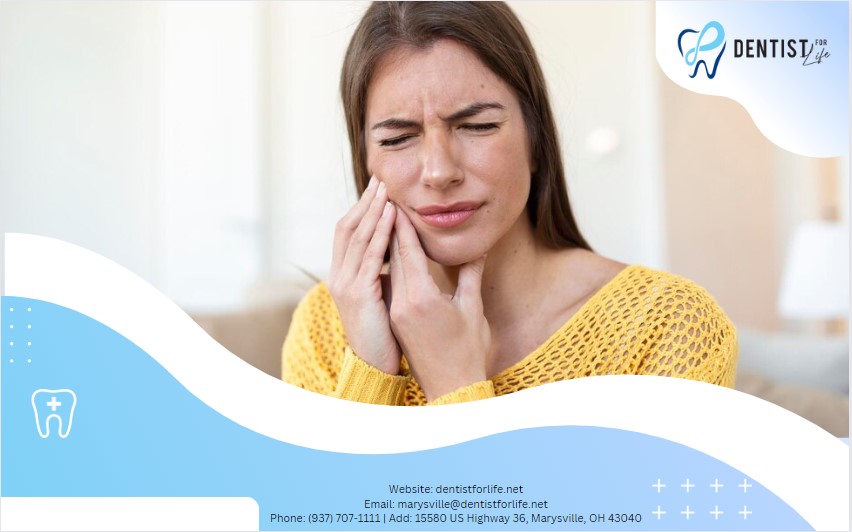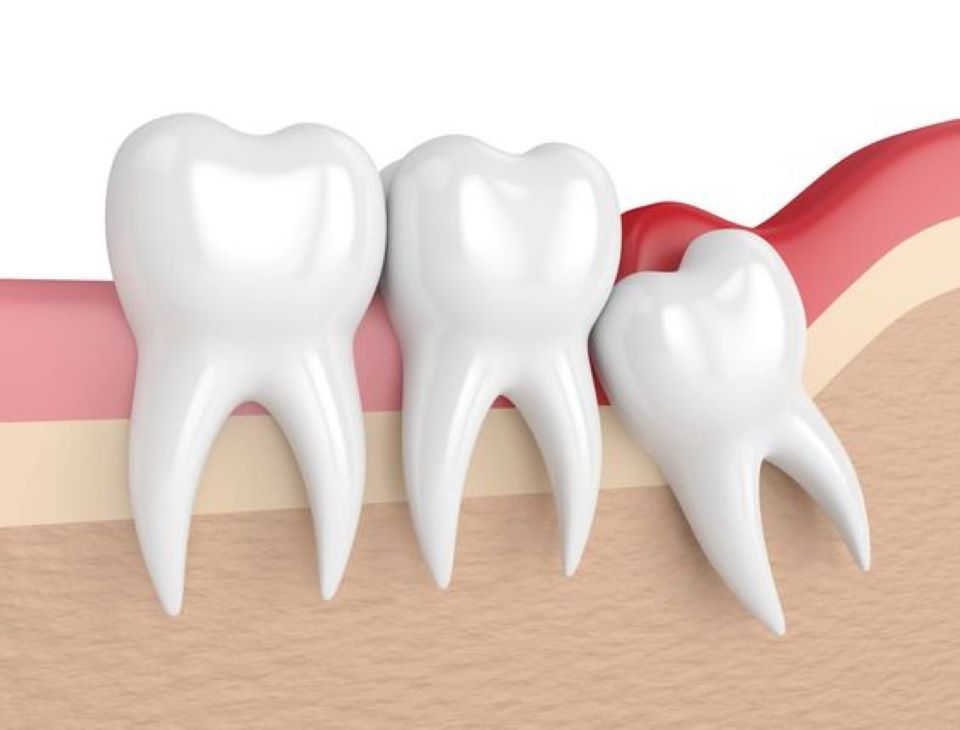Wisdom teeth extraction is a common dental procedure that many individuals undergo during their late teens or early twenties. While the removal of these third molars can alleviate various oral health issues, it’s equally crucial to focus on what comes after the extraction – the “wisdom teeth extraction aftercare.” This phase is vital for a smooth and comfortable recovery, as it involves proper wound care, pain management, and dietary adjustments.
What is wisdom teeth removal?
Wisdom teeth removal, also known as third molar extraction, is a surgical procedure to remove one or more of the four permanent adult teeth located at the back corners of the mouth. These teeth, called wisdom teeth or third molars, often do not have enough space to properly emerge or align with the other teeth. As a result, they may become impacted, causing pain, infection, or other dental problems. Wisdom teeth removal is a common procedure performed by oral surgeons or dentists to prevent or address these issues.
When should wisdom teeth be extracted?
If you find yourself with one or more impacted wisdom teeth, where these molars are either partially or fully trapped in your gums or jawbone, or if they have grown in crooked or sideways, you might experience discomfort and pain towards the back of your mouth.
Additionally, wisdom teeth can often become a haven for trapped food and debris, potentially leading to gum disease, especially around your molars.
In some cases, cavities may develop in partially erupted wisdom teeth, or a cyst (a fluid-filled sac) could form around them, causing further complications. Furthermore, there’s a risk of damage to nearby teeth and the surrounding bone. As a proactive measure, many dentists recommend wisdom teeth extraction, even in the absence of symptoms.
This preventive approach aims to reduce the likelihood of future problems, such as infections and tooth decay, ensuring your long-term oral health and well-being.

Wisdom tooth extraction process
During the procedure, your surgeon will perform the following steps
What happens during wisdom tooth extraction?
- Administer anesthesia to numb your teeth and gums and ensure your comfort. If you opt for sedation, they will also provide sedative medications.
- Create incisions in your gums, if needed, to expose any teeth that are trapped in your gums or jawbone.
- Gently loosen your wisdom tooth and lift it from its socket. In some cases, the tooth may be divided into sections to facilitate removal.
- Thoroughly clean the area to prevent infection.
- If necessary, use stitches to close the surgical site.
- Apply gauze over the sockets to minimize bleeding.
What happens after wisdom teeth removal?
Following the removal of your wisdom teeth, it’s typical to experience mild discomfort, slight bleeding, and swelling. Your oral surgeon will provide you with guidance on managing these postoperative side effects effectively. Once the effects of sedation have sufficiently worn off, it’s advisable to arrange for a reliable friend or family member to accompany you and drive you safely back home.
See More: Wisdom teeth extraction
Care steps after wisdom tooth extraction
Care Steps After Wisdom Tooth Extraction
- Gently bite down on the gauze pad placed by your dentist to control bleeding. Keep it in place for about 30 minutes.
- Apply an ice pack to your cheek to reduce swelling. Use it for 15 minutes on, then 15 minutes off.
- Take any prescribed pain medication as directed by your dentist.
- Avoid rinsing your mouth or spitting forcefully for the first 24 hours.
- Stick to soft foods and avoid using a straw for the first few days.
- Gently brush your teeth, avoiding the extraction site, and rinse with warm salt water after meals.
- Avoid smoking, drinking alcohol, and strenuous activities for at least 24 hours.
- Follow any additional instructions provided by your dentist.
Remember to contact your dentist if you experience excessive bleeding, severe pain, or any other concerns.
Things to avoid after wisdom tooth extraction

Things to Avoid After Wisdom Tooth Extraction
- Avoid touching the extraction site with your tongue, fingers, or any objects.
- Do not eat hard, crunchy, or sticky foods that can irritate the extraction site or dislodge the blood clot.
- Avoid drinking hot liquids or consuming spicy foods that can cause discomfort or irritation.
- Refrain from consuming alcoholic beverages, as they can interfere with the healing process and increase bleeding.
- Do not smoke or use tobacco products, as they can impair healing and increase the risk of complications.
- Avoid vigorous rinsing or spitting, as it can disrupt the blood clot and prolong the healing process.
- Do not engage in strenuous physical activities or exercise for at least 24 hours to minimize bleeding and discomfort.
- Avoid using a straw or sucking on anything, as the suction can dislodge the blood clot and lead to dry socket.
Remember to follow your dentist’s instructions and contact them if you have any concerns or questions.
See More: Wishdom teeth removal cost
Risks/benefits after wisdom tooth extraction
After wisdom tooth extraction, there are both risks and benefits to consider:
Risks:
- Infection: There is a risk of developing an infection at the extraction site. It is important to follow post-operative care instructions and maintain good oral hygiene to minimize this risk.
- Dry Socket: Dry socket is a condition where the blood clot that forms after extraction becomes dislodged or dissolves, exposing the underlying bone and nerves. This can be painful and delay the healing process.
- Nerve Damage: There is a small risk of nerve damage during the extraction procedure, which can cause temporary or permanent numbness or tingling in the lips, tongue, or chin.
Benefits:
- Relief from Pain: Wisdom tooth extraction can provide relief from pain caused by impacted or infected wisdom teeth.
- Preventive Measure: Removing wisdom teeth can prevent future dental problems such as overcrowding, misalignment, and decay.
- Improved Oral Health: By removing problematic wisdom teeth, overall oral health can be improved, reducing the risk of gum disease and cavities.
It is important to consult with your dentist or oral surgeon to discuss the specific risks and benefits based on your individual case.
Dental consulting
In conclusion, at DenTist For Life Dentistry, we understand that a smooth and comfortable recovery from wisdom teeth extraction is essential for our patients’ well-being. Our commitment to your oral health extends beyond the procedure itself, and we are here to support you every step of the way, even into the crucial phase of “wisdom teeth extraction aftercare.”
Our experienced team stands ready to help you manage post-operative discomfort, bleeding, and swelling, ensuring that your journey to a healthy and pain-free mouth is as worry-free as possible. Thank you for considering DENTIST FOR LIFE Dentistry as your trusted partner in dental care, where your well-being remains our top priority.



